Introduction: When it comes to the safety and well-being of your family, there are many factors to consider, including the invisible threats that may exist within your home. One such threat is radon, a colorless, odorless gas that can seep into homes and pose serious health risks. In this blog post, we will explore what you need to know about radon testing and how it can help protect your family’s health.
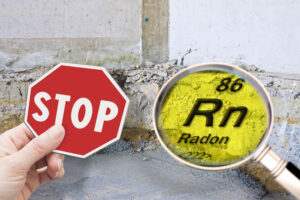
Understanding Radon
Radon is a naturally occurring radioactive gas that is released from the decay of uranium present in rocks and soil. It can enter your home through cracks in the foundation, gaps around pipes, and other openings. Long-term exposure to high levels of radon can increase the risk of lung cancer, making it a significant concern for homeowners.
Health Risks of Radon
Radon is the second leading cause of lung cancer, after smoking. The radioactive particles released by radon gas can be inhaled and damage lung tissue over time. The risk is higher for smokers and individuals with pre-existing respiratory conditions. It is crucial to be aware of the potential health risks and take proactive measures to mitigate them.
The Importance of Radon Testing
Radon testing is the only way to determine if your home has elevated levels of radon. Testing is simple and cost-effective, and it provides essential information about the radon levels in your living space. By identifying and addressing high radon levels, you can reduce the risk to you and your family’s health.
Radon Mitigation
If high levels of radon are found in your home, mitigation is necessary to reduce exposure and ensure a healthy living environment. Radon mitigation techniques may include sealing cracks in the foundation, installing a radon mitigation system, or improving ventilation. Professional radon mitigation services can assess your specific situation and recommend the most suitable solution.
Radon is a hidden danger that can significantly impact your family’s health. By understanding the risks and taking proactive measures such as radon testing, you can protect your loved ones from potential harm. Don’t wait—take action to safeguard your family’s health and make radon testing a priority.
Contact First Choice Inspectors at 773-429-9711 today or visit us online for more information!

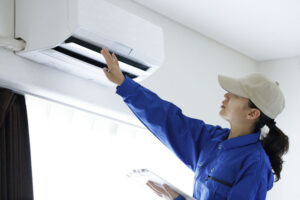
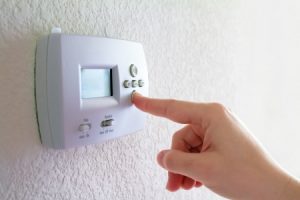
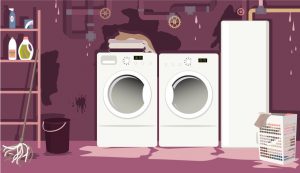
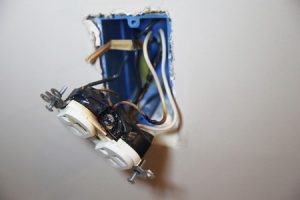
 Although there are no hard and fast rules for what constitutes an older home, those built before 1920 fall in the antique category. Since Chicago became a city in the mid-1800s, there is a substantial inventory of older homes in the city and surrounding suburbs. As such, it’s not uncommon for prospective buyers to find an older home on the market. It may have a rustic charm, but buyers should be aware of a few common and costly issues associated with these homes.
Although there are no hard and fast rules for what constitutes an older home, those built before 1920 fall in the antique category. Since Chicago became a city in the mid-1800s, there is a substantial inventory of older homes in the city and surrounding suburbs. As such, it’s not uncommon for prospective buyers to find an older home on the market. It may have a rustic charm, but buyers should be aware of a few common and costly issues associated with these homes.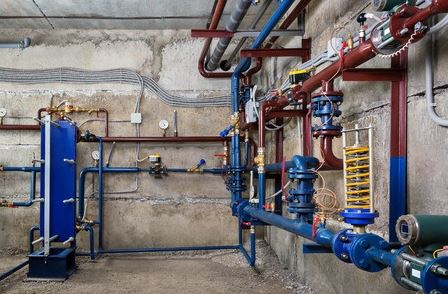 Before you buy a home you should have First Choice Inspectors check out the home’s plumbing system. After all, you’re spending the most money you’ve ever spent in your life to make the biggest purchase you’ll ever make. It’s important to check to make sure you’re getting a home in good working order, and the plumbing drains and pipes are intrinsic to that!
Before you buy a home you should have First Choice Inspectors check out the home’s plumbing system. After all, you’re spending the most money you’ve ever spent in your life to make the biggest purchase you’ll ever make. It’s important to check to make sure you’re getting a home in good working order, and the plumbing drains and pipes are intrinsic to that! First Choice Inspectors see a lot of roofs in Chicago and Aurora, Illinois. As inspectors, they look for common problems caused by poor roof ventilation. So, what do they look for?
First Choice Inspectors see a lot of roofs in Chicago and Aurora, Illinois. As inspectors, they look for common problems caused by poor roof ventilation. So, what do they look for?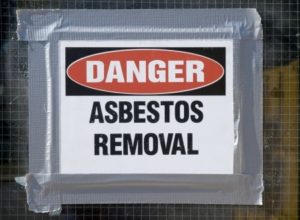 Before its negative health effects were widely understood, asbestos was
Before its negative health effects were widely understood, asbestos was